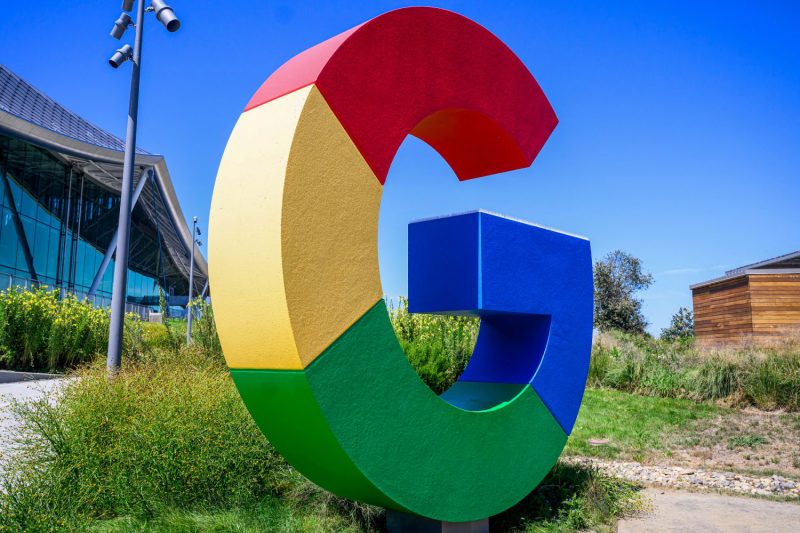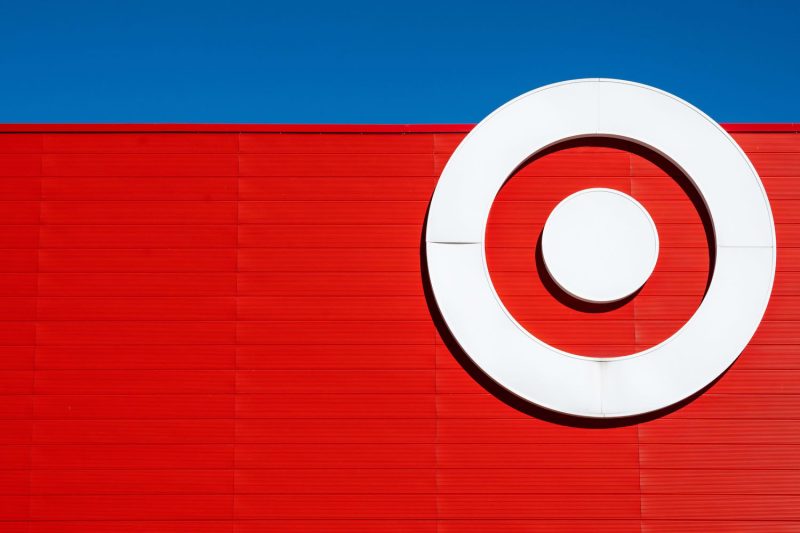Alphabet’s Google illegally dominated two markets for online advertising technology, a judge ruled Thursday, dealing another blow to the tech giant and paving the way for U.S. antitrust prosecutors to seek a breakup of its advertising products.
U.S. District Judge Leonie Brinkema in Alexandria, Virginia, found Google liable for “willfully acquiring and maintaining monopoly power” in markets for publisher ad servers and the market for ad exchanges, which sit between buyers and sellers. Websites use publisher ad servers to store and manage their ad inventories.
Antitrust enforcers failed to prove a separate claim that Google had a monopoly in advertiser ad networks, she wrote.
Lee-Anne Mulholland, Google’s vice president of regulatory affairs, said Google will appeal the ruling.
“We won half of this case and we will appeal the other half,” she said in a statement, adding that the company disagrees with the decision about its publisher tools. “Publishers have many options and they choose Google because our ad tech tools are simple, affordable and effective.’
Google’s shares were down around 2.1% at midday.
The decision clears the way for another hearing to determine what Google must do to restore competition in those markets, such as sell off parts of its business at another trial that has yet to be scheduled.
The Justice Department has said Google should have to sell off at least its Google Ad Manager, which includes the company’s publisher ad server and ad exchange.
However, a Google representative said Thursday that Google was optimistic it would not have to divest part of the business as part of any remedy, given the court’s view that its acquisition of advertising tech companies like DoubleClick were not anticompetitive.
Google still faces the possibility that two U.S. courts will order it to sell assets or change its business practices. A judge in Washington will hold a trial next week on the Justice Department’s request to make Google sell its Chrome browser and take other measures to end its dominance in online search.
Google has previously explored selling off its ad exchange to appease European antitrust regulators, Reuters reported in September.
Brinkema oversaw a three-week trial last year on claims brought by the Justice Department and a coalition of states.
Google used classic monopoly-building tactics of eliminating competitors through acquisitions, locking customers in to using its products and controlling how transactions occurred in the online ad market, prosecutors said at trial.
Google argued the case focused on the past, when it was still working on making its tools able to connect to competitors’ products. Prosecutors also ignored competition from Amazon.com, Comcast and other technology companies as digital ad spending shifted to apps and streaming video, Google’s lawyer said.
The ruling was issued as a district court in Washington, D.C., held its fourth day of an antitrust trial between Meta and the Federal Trade Commission, in which the government similarly accused the company then known as Facebook of monopolizing the social networking market through its acquisitions of Instagram and WhatsApp.
A Google representative said the partially favorable ruling in its case Thursday could point to success for Meta, as well, in defending its acquisitions from the government’s antitrust allegations.




